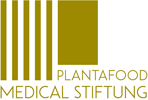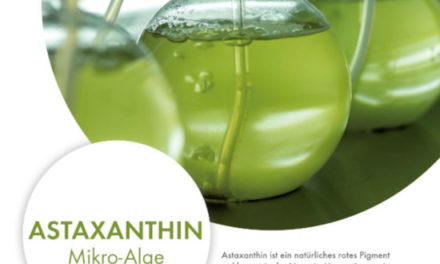Resveratrol for cancer therapy: Challenges and future perspectives
Boxu Ren a,1, Marabeth Xin-Yi Kwah b,1, Cuiliu Liu a,1, Zhaowu Ma a, Muthu K. Shanmugam c, Lingwen Ding d, Xiaoqiang Xiang e, Paul Chi-Lui Ho b, Lingzhi Wang c,f,*, Pei Shi Ong b,**, Boon Cher Goh c,f,g,***
a School of Basic Medicine, Health Science Center, Yangtze University, Jingzhou, 434023, China
b Department of Pharmacy, Faculty of Science, National University of Singapore, Singapore, 117543, Singapore
c Department of Pharmacology, Yong Loo Lin School of Medicine, National University of Singapore, Singapore, 117600, Singapore
d Department of Pathology, Yong Loo Lin School of Medicine, National University of Singapore, Singapore, 117600, Singapore
e Department of Clinical Pharmacy, School of Pharmacy, Fudan University, Shanghai, 201203, China
f Cancer Science Institute of Singapore, National University of Singapore, Singapore, 117599, Singapore
g Department of Haematology–Oncology, National University Cancer Institute, Singapore, 119228, Singapore
Abstract
Resveratrol (3,4’,5-trihydroxy-trans-stilbene) has been expected to ameliorate cancer and foster breakthroughs in cancer therapy. Despite thousands of preclinical studies on the anticancer activity of resveratrol, little progress has been made in translational research and clinical trials. Most studies have focused on its anticancer effects, cellular mechanisms, and signal transduction pathways in vitro and in vivo. In this review, we aimed to discern the causes that prevent resveratrol from being used in cancer treatment. Among the various limitations, poor pharmacokinetics and low potency seem to be the two main bottlenecks of resveratrol. In addition, resveratrolinduced nephrotoxicity in multiple myeloma patients hinders its further development as an anticancer drug. New insights and strategies have been proposed to accelerate the conversion of resveratrol from bench to bedside. In the interim, the most promising approach is to enhance the bioavailability of resveratrol with new formulations. Alternatively, more potent analogues of resveratrol could be developed to augment its anticancer potency. Given all the gaps mentioned, much work remains to be done. However, if remarkable progress can be made, resveratrol may finally be used for cancer therapy.
Keywords
Resveratrol, Cancer treatment, Pharmacokinetics, Pharmacodynamics Toxicity








